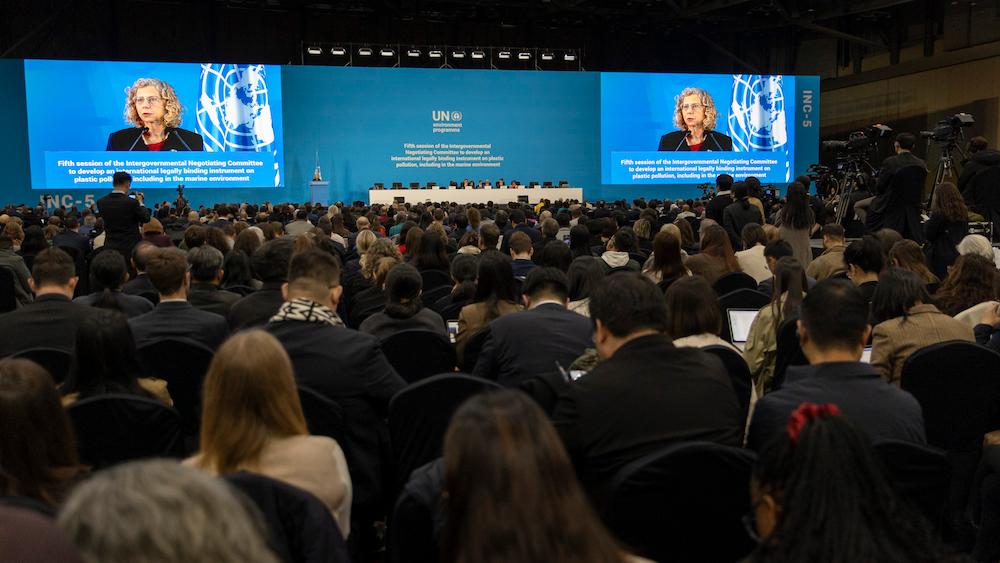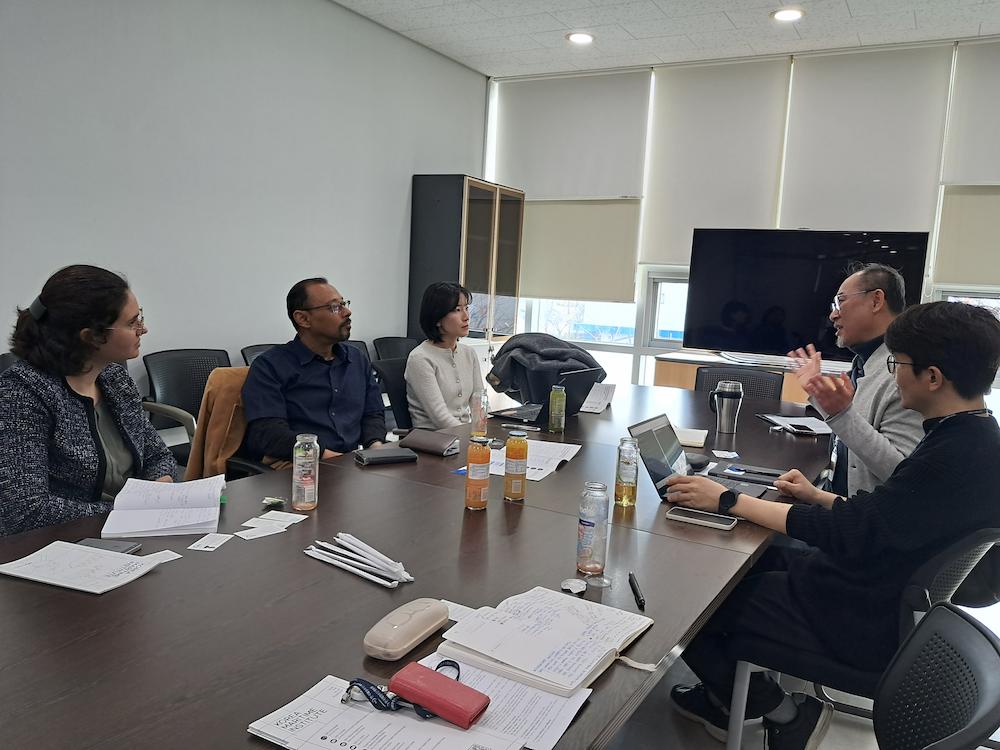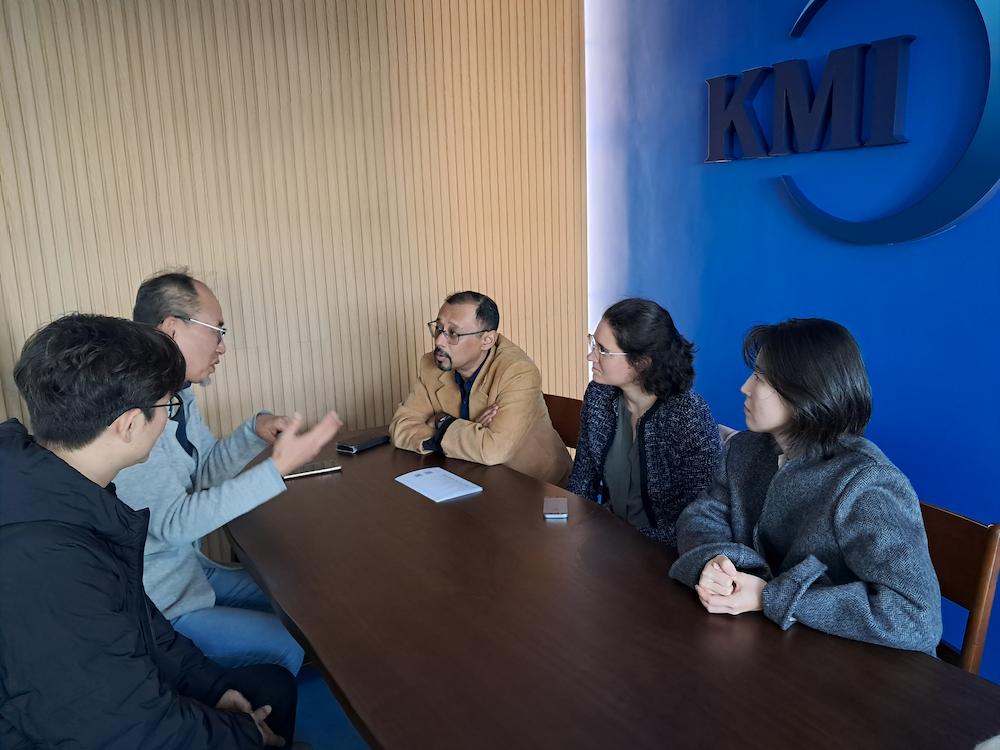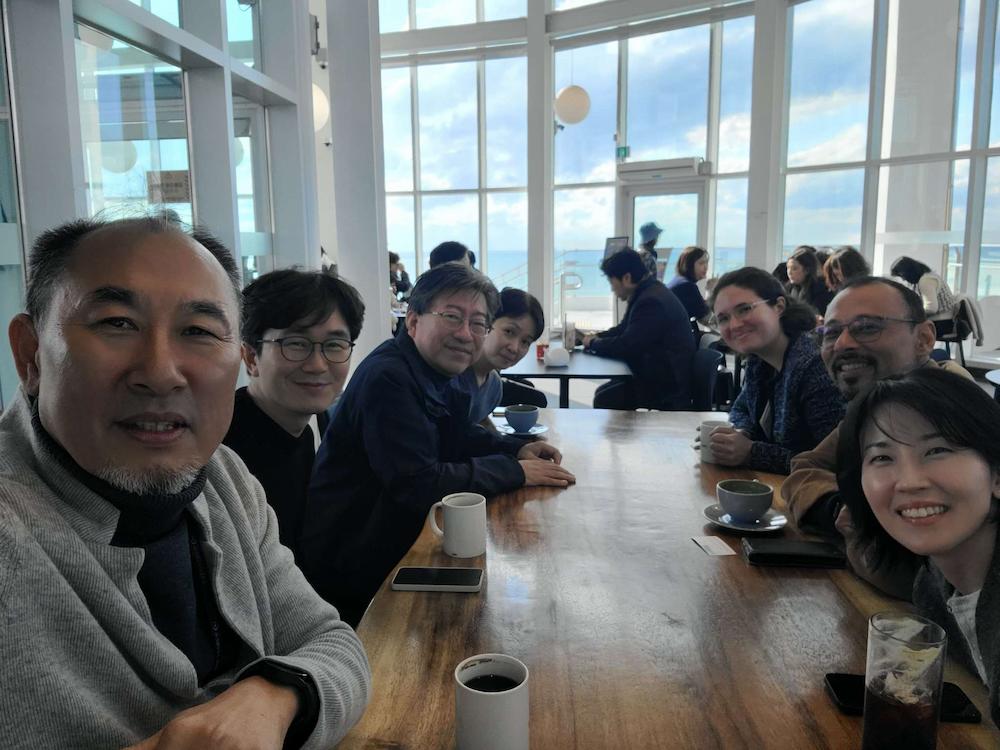
Plastic is an amazing material. It’s relatively cheap to produce, lightweight, flexible, yet strong and durable. Additives can give colour, enhance its resistance to heat or UV light, make it flame-retardant, and more. Today, plastics are everywhere – in healthcare, construction, and consumer goods, to name a few.
However, plastics have also become an ecological and social problem – and not just because (with a few exceptions) plastics are produced from fossil fuels.
Plastics are a major pollution issue. The same durable properties that make plastics so useful also mean they linger in the environment for decades, if not centuries. Researchers estimate that just 9% of plastic waste has been recycled. The rest is burned, dumped in landfills and ends up in the environment, including the ocean. The vast majority of plastic in the ocean made its way there through rivers, wastewater, and coastlines.
Whether on land or in the ocean, plastics can pose a hazard to people and wildlife alike. Microplastics—tiny particles of plastics that come from the breakdown of larger pieces of plastic, for example, have been found inside animals’ and people’s stomachs, muscles, and even brains, raising concerns about potential health impacts.
With more and more plastics being produced every year, urgent and global action is needed to stem the plastic crisis. That action could come from the United Nation’s Global Plastics Treaty- an international legally binding instrument on plastic pollution, including in the marine environment.
Intergovernmental Negotiating Committee (INC) sessions: Negotiating a treaty
In 2022, the United Nations Environment Assembly adopted a resolution agreeing to adopt a legally binding instrument on plastic pollution by the end of 2024. The proposed treaty aims to reduce plastic production, eliminate hazardous chemicals, improve waste management, and strengthen recycling systems. Negotiations on the treaty details take place at Intergovernmental Negotiating Committee (INC) sessions, which have taken place since 2022. In November 2024, the fifth INC session (INC-5) took place in Busan, Republic of Korea.
The decision to hold INC-5 in the region provided an opportunity to spotlight a region that is both a source of plastic pollution and heavily impacted by it.

Deep dives at the side events related to marine plastic
While negotiations continued, several side events allowed participants to dig deeper into plastic pollution issues and potential solutions. GEO Blue Planet’s Programme Officer from its EU Office hosted by Mercator Ocean International, Daphné Lecellier, attended two of those side events – one exploring East Asian perspectives and one exploring global knowledge sharing and capacity building.
The joint Korea Maritime Institute (KMI) – Coordinating Body on the Seas of East Asia (COBSEA) Collaborative Action to Address Marine Plastic Pollution regional knowledge-sharing event looked at some of the unique challenges facing the region, such as inadequate financial resources and limited capacity, and potential solutions and opportunities. Representatives from several Asian countries shared their experiences with waste management practices and data sharing, offering valuable insights into potential solutions.
Meanwhile, at the Global Partnership on Plastic Pollution and Marine Litter’s (GMPL) Multi-Stakeholder Event, participants reflected on the INC process and how GPML can bolster knowledge sharing and capacity. For example, GPML provides a data hub with data visualisations on over 80 indicators covering waste management, governance, and more, as well as supporting 19 countries with inventories of national sources of plastic waste.
Both side events resulted in fruitful discussions on tackling the plastic pollution crisis throughout the entire life cycle of plastics. Some focused on the need for sustainable and innovative finance mechanisms to deal with plastics throughout the supply chain. Examples of these mechanisms include public-private partnerships and blue bonds, as well as new economic schemes, such as the circular economy and reuse and refill systems. Representatives from developing nations highlighted that technology transfer, as well as finance mechanisms, will be crucial for implementing the Plastics Treaty in their country.
Several speakers underscored the importance of local communities in addressing the plastic crisis, noting that subnational action will be critical for waste management. Marine litter action plans and strong policy frameworks will also play an important role. Others spoke of the importance of effective coordination across different UN agencies to tackle plastic pollution.
Plastic management topics also came up at the events. The Global Ghost Gear Initiative and the Korean Ministry of Environment, for example, gave presentations on the management of lost, abandoned and incorrectly discarded fishing gear. Discarded fishing gear can damage sensitive habitats and trap or entangle animals, which may subsequently die from exhaustion or, in the case of species like whales, dolphins, and sea turtles, suffocation. Others spoke about the importance of training stakeholders as well as providing platforms for knowledge and best practice sharing on how they can improve plastic management and implement waste reduction strategies.
Many also spoke about the need for research, and especially for science-informed best practices for monitoring. Robust data to fill in the significant observation gaps was also a hot topic, with calls for further research and knowledge based on harmonized data to be reflected in the Treaty’s proposals. The global scientific community gathered under the Integrated Marine Debris Observing System (IMDOS), an initiative supporting the concept of a global, interoperable marine debris monitoring system. Endorsed as a project of the Global Ocean Observing System and GEO Blue Planet, IMDOS will benefit researchers, policy and decision-makers and the private sector.

Next steps for the Plastics Treaty
Despite the 2024 deadline for adopting a legally binding instrument on plastic pollution, including in the marine environment, unfortunately, negotiations in Busan did not result in a Treaty. Although progress was made, disagreements over several key issues persist. Those include the ban on some plastic products and chemicals of concern, the reduction of plastic production, and finance mechanisms which would support developing nations in implementing the treaty.
Fortunately, the process has not been abandoned. An “INC-5.2” to build on the progress made so far is expected to take place sometime in 2025.
Additional information
- Visit the INC-5 website: https://www.unep.org/inc-plastic-pollution/session-5
- Visit the IMDOS website: https://imdos.org/
- Visit the Global Partnership on Plastic Pollution and Marine Litter website: https://digital.gpmarinelitter.org/
- Visit the COBSEA website: https://www.unep.org/cobsea/
- Visit GEO Blue Planet’s Marine Litter Wording Group webpage: https://geoblueplanet.org/marine-litter/





